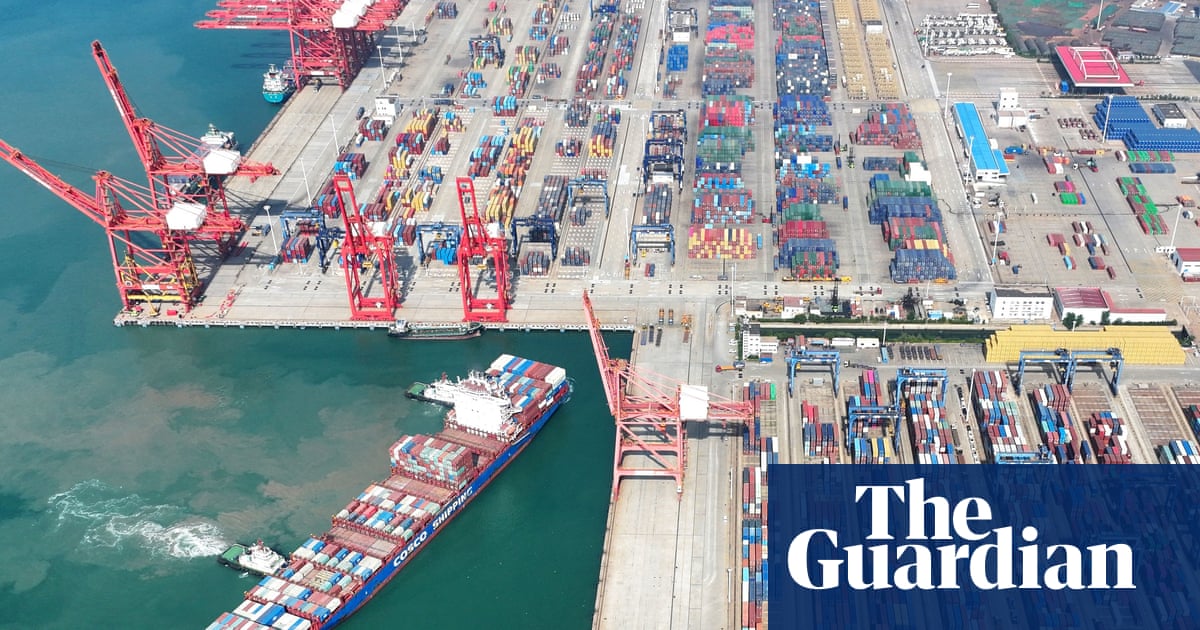G7 Finance Ministers Address Global Economic Imbalances and Sanctions on Russia
G7 finance ministers agree to tackle economic imbalances and consider further sanctions on Russia during their meeting in Banff, Alberta.
Overview
In a recent meeting in Banff, Alberta, G7 finance ministers and central bank governors agreed to address global economic imbalances, particularly targeting nonmarket policies often associated with China. They discussed potential further sanctions on Russia amid its ongoing war in Ukraine, while toning down previous references to free trade and climate change. The communiqué emphasized the need for a coordinated approach to ensure a level playing field in international trade. Despite some progress, critics noted the absence of specific measures regarding tariffs and the U.S. budget deficit, highlighting ongoing tensions within the group.
Content generated by AI—learn more or report issue.

Get both sides in 5 minutes with our daily newsletter.
Analysis
- The article highlights G7 nations' attempts to unify on tariffs and Ukraine issues despite existing disagreements.
- It emphasizes the balance between cooperation and tension in discussions about economic imbalances and sanctions.
- Critics are acknowledged, indicating that the G7's approach is not without its complexities and challenges.
Articles (3)
FAQ
The 'non-market policies and practices' likely refer to state subsidies and export-driven economic models, often associated with countries like China. These policies can create imbalances by unfairly influencing international trade and economic competitions.
The G7's consideration of further sanctions on Russia could lead to increased economic isolation for Russia, potentially affecting global trade flows and commodity markets. This could also impact businesses and economies closely tied to Russia.
China's economic performance in 2025 could be influenced by the G7's focus on addressing non-market policies. If these policies are targeted, it might impact China’s economic growth, especially if state subsidies and export-driven strategies are curtailed.
History
- This story does not have any previous versions.

